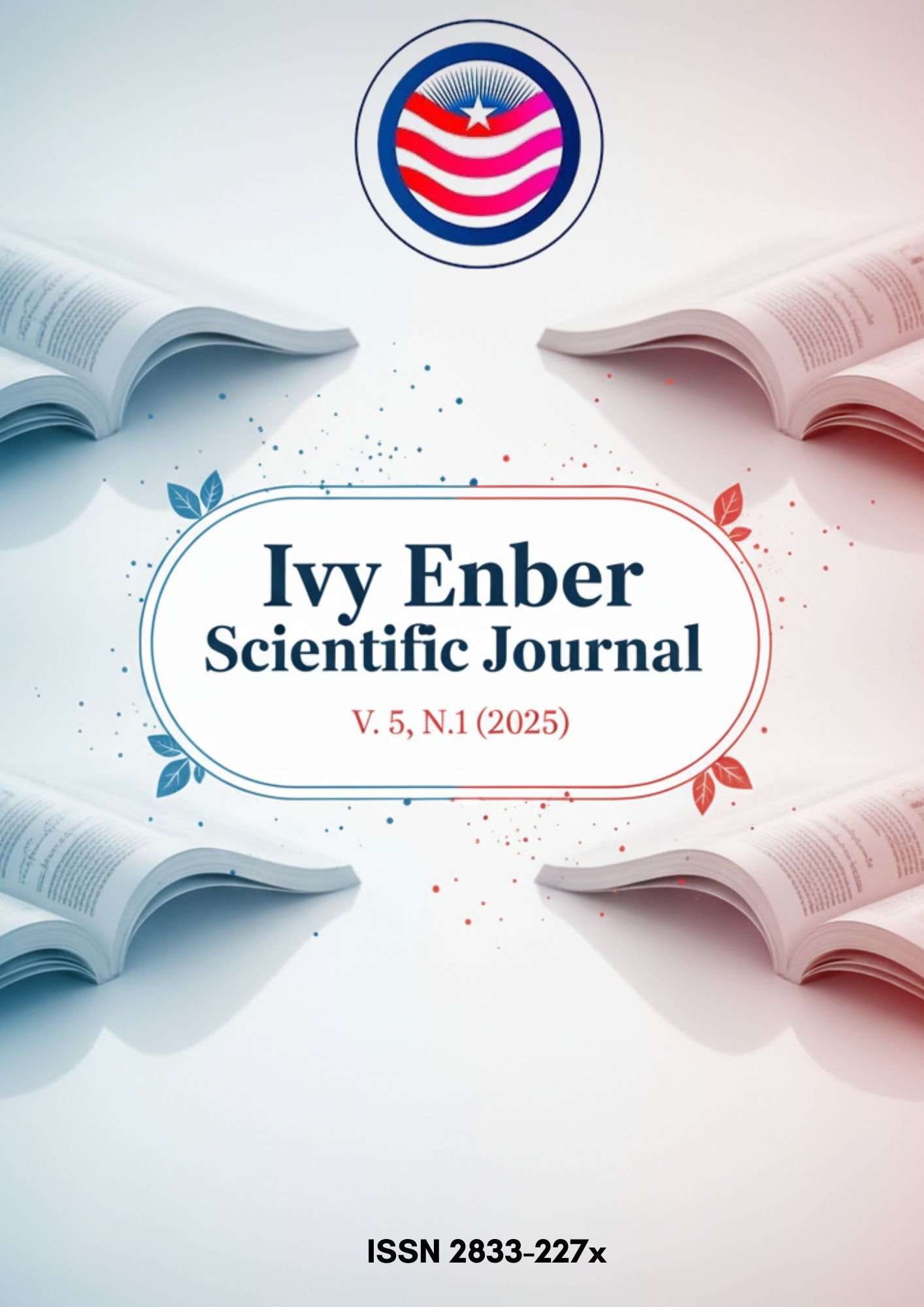THE PLAYFULNESS AS A PEDAGOGICAL TOOL:
TOWARDS AN EDUCATION THAT RESPECTS CHILDHOOD BEYOND EARLY CHILDHOOD EDUCATION
Keywords:
Playful; Playful Culture; Games; Jokes.Abstract
This article aims to discuss some concepts that involve the words: playful, game and play and their educational importance. The bibliographic study was conducted in the light of Historical-Cultural Theory and aims to carry out a critical/descriptive study on how the historical representations of these social roles can positively influence the children's learning process in the context of the initial grades, understanding these elements as a child's right. To do this, we will use the bibliographic methodology that will present the concepts brought by the authors: Elkonin (1978a, 1987b, 2009), Leontiev (1978), Vigotski (1987, 1993, 1995, 2004, 2006), Kishimoto (1999, 2002). It is concluded that, according to the analyzes produced through this research, that the playful culture produced through experiences with games and play must affect the various spheres of human social life. In this sense, the use of these elements can contribute significantly to the learning of children in the early grades, by making classes less tiring and more enjoyable, full of meaning and meaning.





